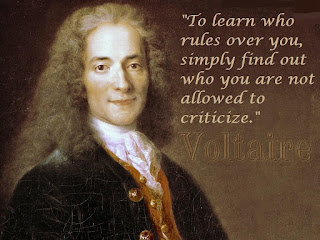Are We One?
Last week Glastonbury, the biggest festival in the UK, took place. This week everyone has now got back to larger supplies of running water and is busy posting about how "we are one". Foolishly, I thought "we" referred to "people living in the UK" rather than "people who went to Glastonbury". If it's referring to the latter, well, I wasn't there but fair enough - glad you enjoyed yourselves. If it's referring to the former, I know we should be focusing on uniting rather than dividing the country; I'm usually one of the first people trying to build a grand coalition and decrying infighting. But no - I don't feel like we are one. Getting to Glastonbury isn't easy for a multitude of reasons - ticket availability, ticket pricing (seriously, for the price of a ticket and booking fee I could spend a week in Germany not getting rained on), actually getting there, additional expenses...I feel more than a little patronised being...

